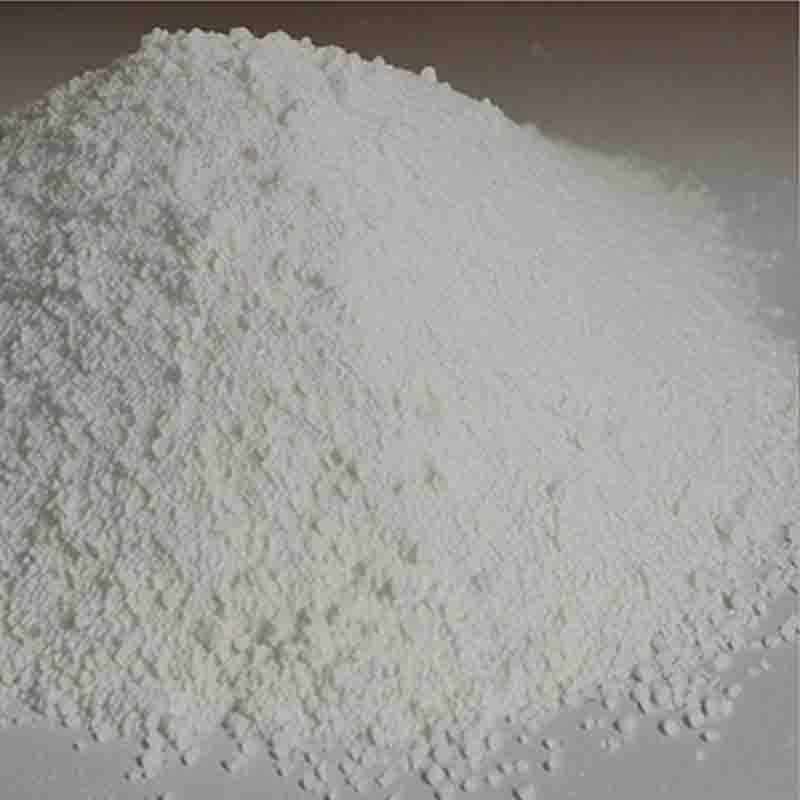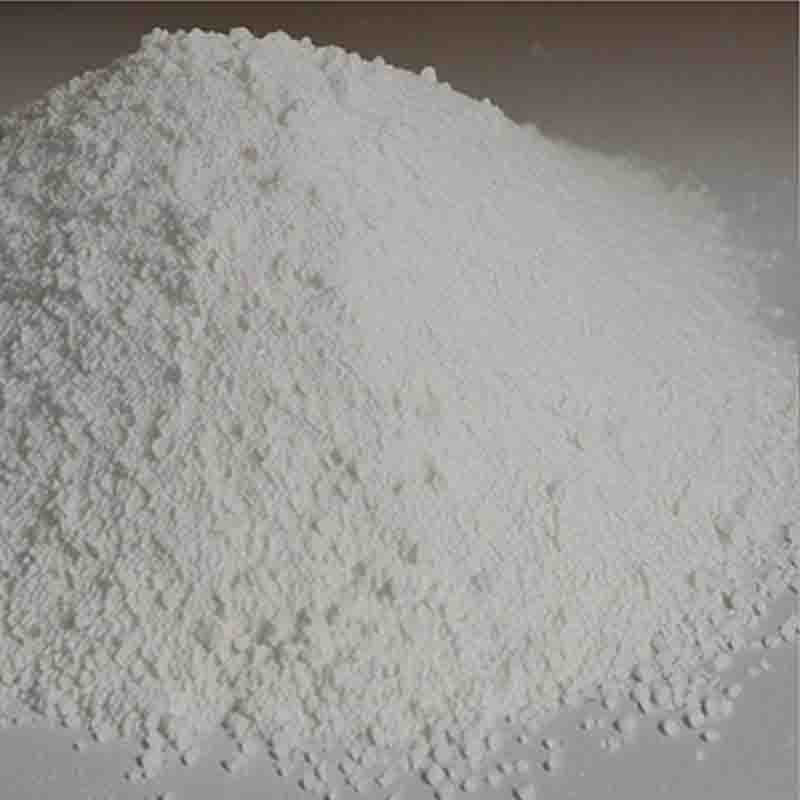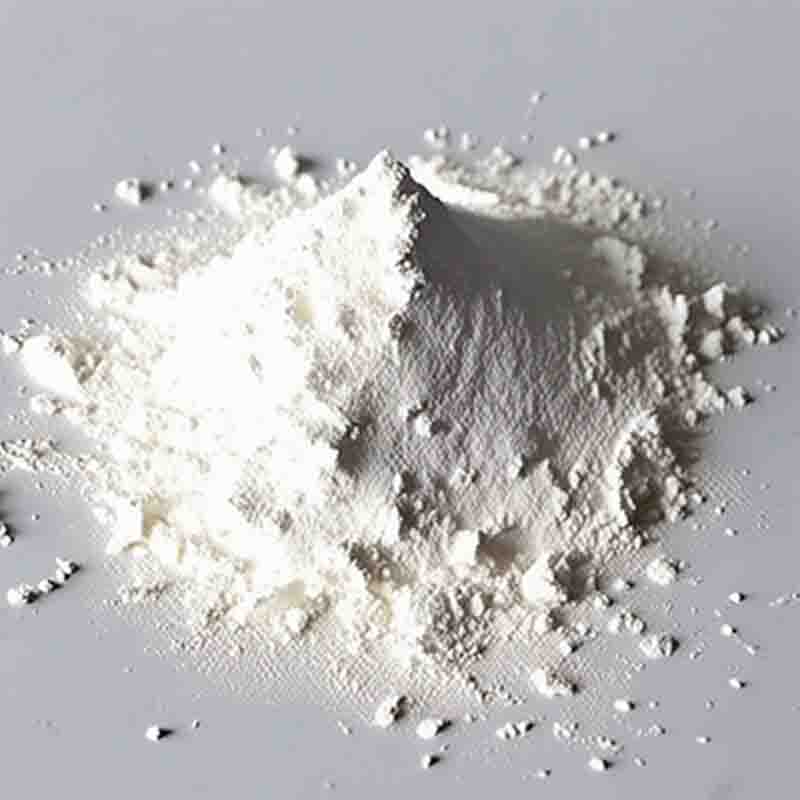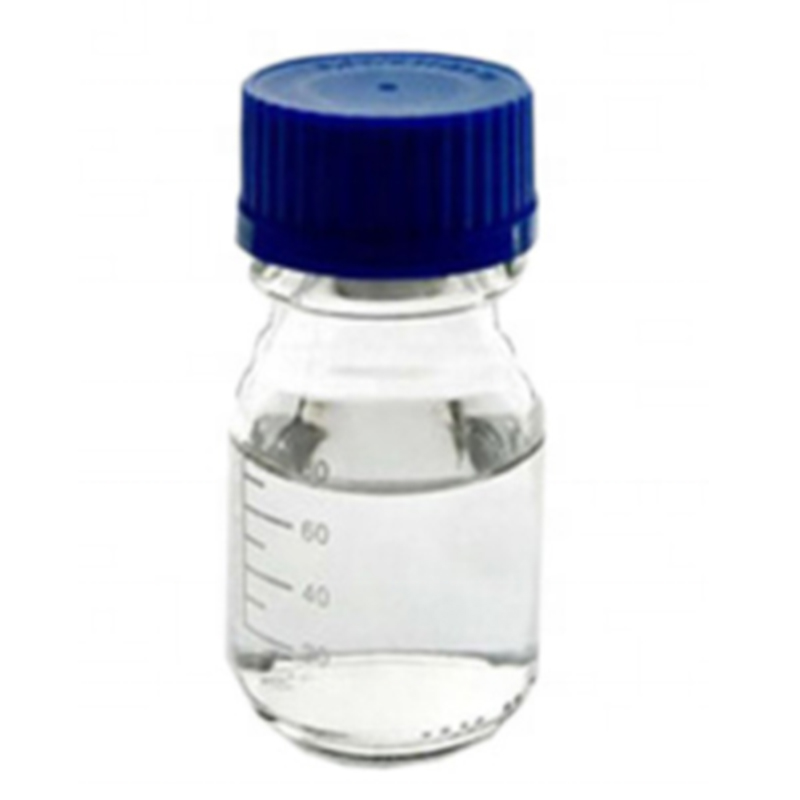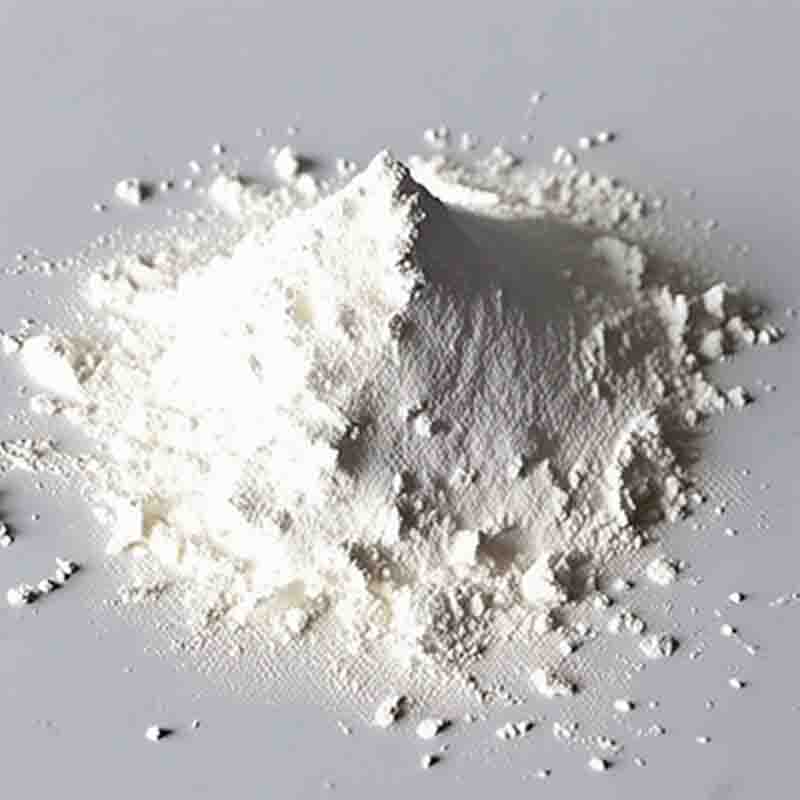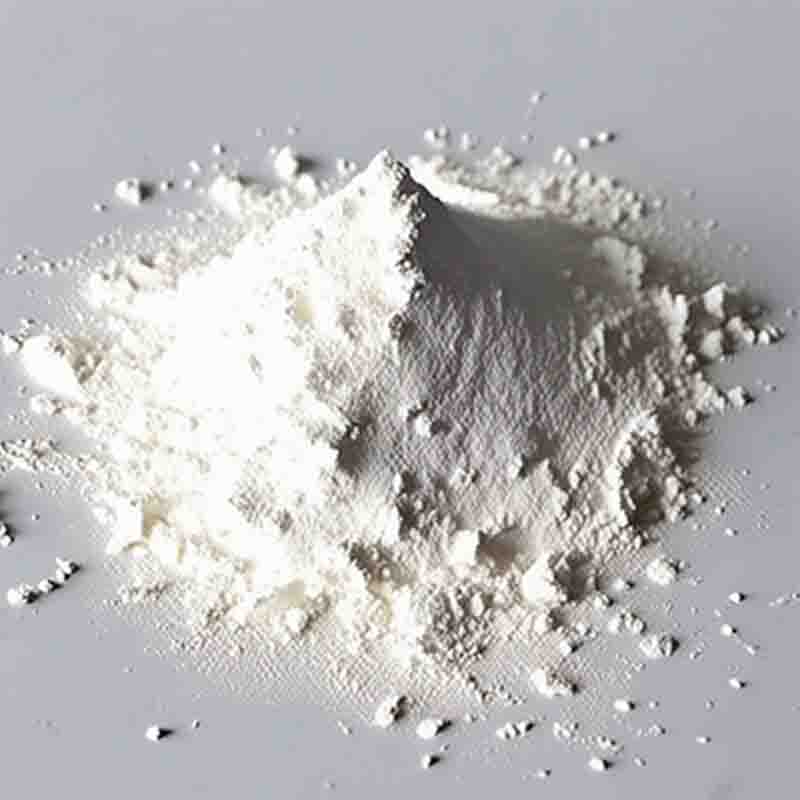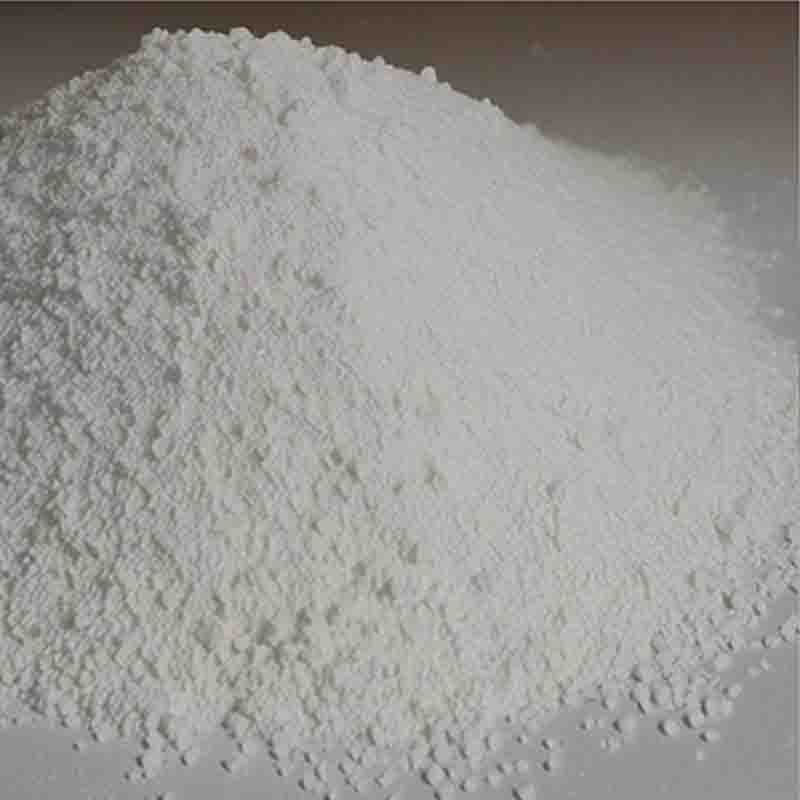P-methoxy phenylacetone CAS: 122-84-9
| Catalog Number | XD93740 |
| Product Name | P-methoxy phenylacetone |
| CAS | 122-84-9 |
| Molecular Formula | C10H12O2 |
| Molecular Weight | 164.2 |
| Storage Details | Ambient |
Product Specification
| Appearance | White powder |
| Assay | 99% min |
P-methoxyphenylacetone, also known as PMK, is a chemical compound with significant applications in various industries, including pharmaceuticals, perfumery, and illicit drug manufacture. Its distinct structure and reactivity make it a valuable starting material for the synthesis of complex organic compounds.In the pharmaceutical industry, p-methoxyphenylacetone is employed as a key intermediate for the synthesis of several important drugs, most notably methylenedioxyphenethylamines (MDMA), also known as ecstasy. PMK is a precursor in the synthesis of the MDMA molecule, acting as a building block for the formation of the benzodioxole ring. The benzodioxole ring is a critical component of MDMA and contributes to its psychoactive properties. Due to its synthesized potential for abuse, PMK is strictly controlled under the United Nations Convention on Psychotropic Substances.Furthermore, p-methoxyphenylacetone finds use in the fragrance and perfumery industry. It is a fragrance compound known for its slightly spicy, floral, and woody scent. PMK is utilized as a key ingredient in various perfumes, providing a distinct and pleasant aroma. Its fragrance profile makes it a popular choice in creating scents for both personal care products and luxury perfumes.However, it is important to note that p-methoxyphenylacetone is often associated with illicit drug production. Due to its similarity to precursor chemicals used in the production of MDMA, it is considered a controlled substance in most jurisdictions. Illicit drug manufacturers have exploited PMK's reactivity to synthesize MDMA and other related substances. Consequently, regulation and monitoring of PMK and its distribution are enforced to curb illegal drug production.In summary, p-methoxyphenylacetone (PMK) plays an important role in various industries. Its most significant applications include serving as an intermediate in the synthesis of MDMA in the pharmaceutical industry and as a fragrance compound in perfumery. However, due to its potential for misuse and involvement in illicit drug production, strict regulations govern its use and distribution. PMK's distinct properties and reactivity make it a valuable chemical for legitimate purposes, but its control is paramount to prevent illegal activities.


